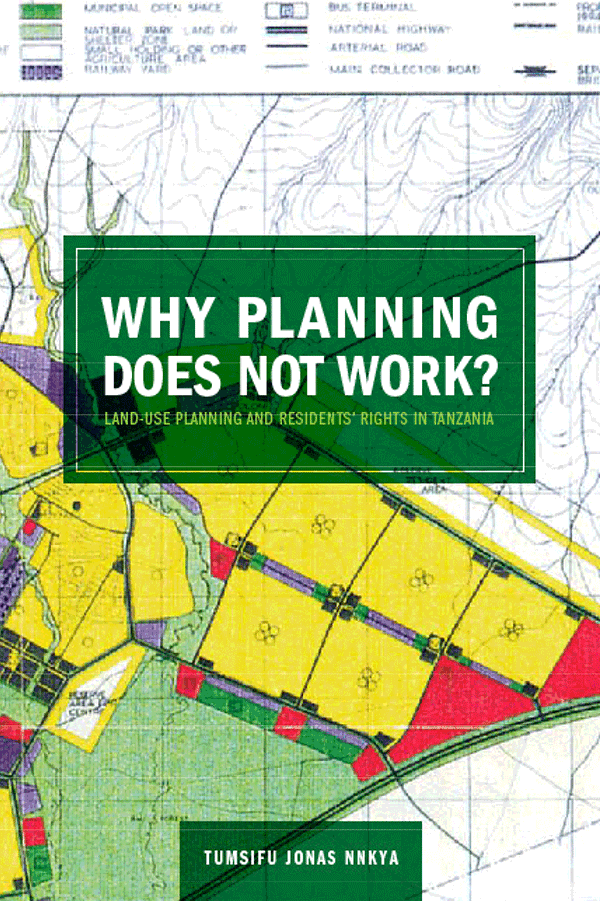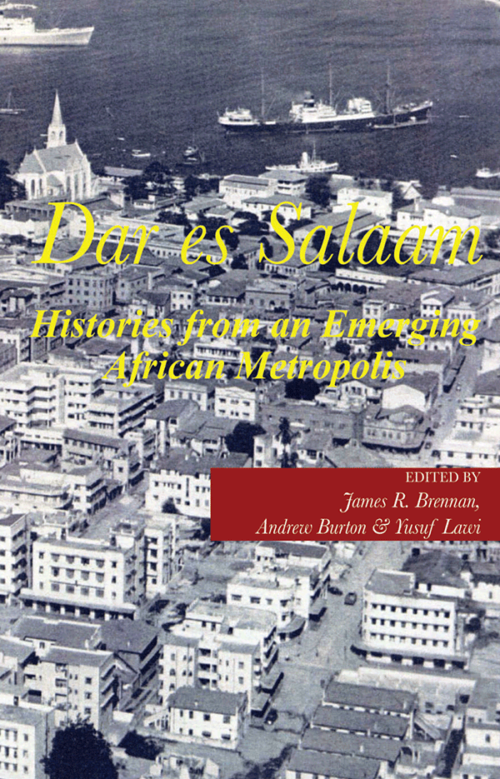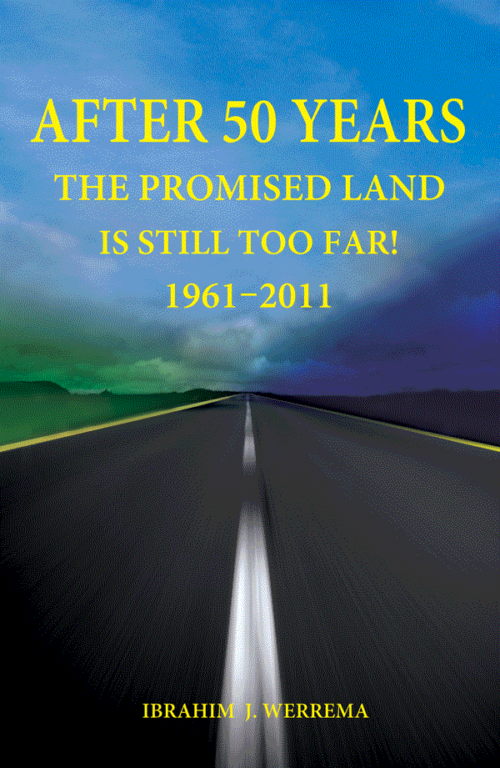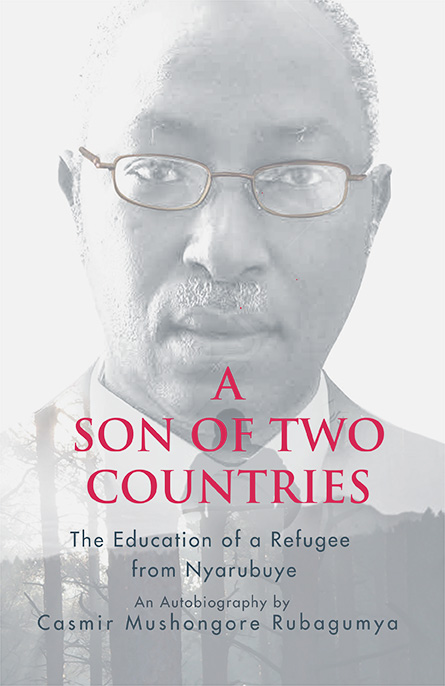Lack of transparency and accountability in the planning practice allow for misuse and abuse of the planning system to serve the interests of the more powerful and influential groups, including those entrusted with the powers of planning. The outcomes of a non-inclusive, non-transparent and insensitive planning include: insecurity of land tenure rights and subsequently investments in land; poverty; informal land subdivision and building; unplanned spatial growth and endless conflicts in land development. These are detrimental to the residents and erode their trust and confidence in the government. It takes an organised, informed, confident and courageous group of residents or community to reject the non-inclusive form of planning and cause adoption of inclusive and collaborative planning that allows them space in the planning process. The achievement of such an organised group – a turn towards democratic planning practice – leads to a conclusion that informed, organised, confident and courageous civil society is a pillar of democracy. This book, therefore, argues that ineffective planning results, among other things, from defective land policy and legislation, and planning inability to recognise and make use of opportunities for shaping the built environment.
International availability:
This book is internationally distributed by African Books Collective






Reviews
There are no reviews yet.